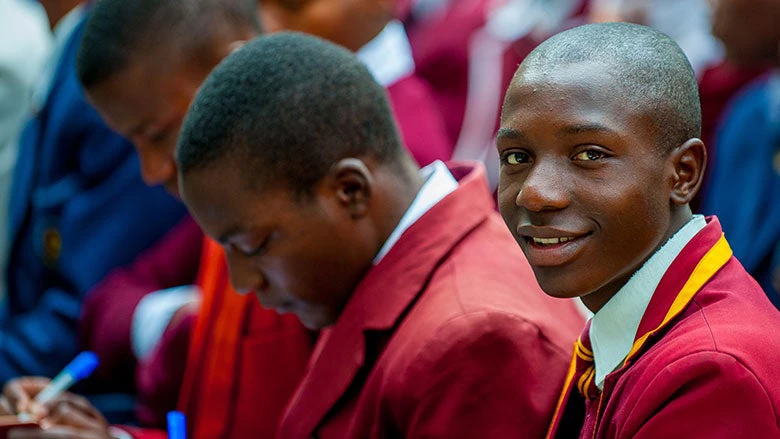The 2018 Law, Justice and Development Week (LDJ) Week competition period coincided with presidential and parliamentary elections in my home country of Zimbabwe. I decided to submit my proposal, as the issue of “Rights, Protection and Development” was a topical issue I had already been reflecting on. Additionally, I have a particular interest in how the law and human rights coincide with economic development in developing and vulnerable states.
Despite adhering to a system of constitutional supremacy, the Constitution remains “a paper tiger” for many citizens. Given the predominance of agrarianism, more than 67% of Zimbabweans reside in the rural areas. The provisions of the Constitution remain an abstract and primarily meaningless concept for many. This is concerning for a system premised on multi-party democracy, universal adult suffrage and free and fair regular elections.
To secure the constitutional rights of citizens, there must be a concerted campaign to educate vulnerable populations of their fundamental rights. Allowing them to participate freely and knowingly in the electoral process will augment their capacity to advocate for their needs. The Constitution must be accessible to all in order to lead to societal transformation. If citizens are aware of their rights, they will be empowered to ask for their full entitlements under law rather than piecemeal benefits.
This is where the concept of “transformative constitutionalism,” a post-apartheid South African theory, comes in. The compelling idea of transformative constitutionalism promotes the use of Constitutional values to advocate discernible and meaningful changes, leading to a more open, equitable and democratic State. It is a long-term project with the end goal of having citizens fully conversant about their rights, the role of state institutions, political leaders, as well as the concept of separation of powers. It is about removing these elements from the abstract and transforming them into tools for real action and accountability measures.
Despite English, Shona and Ndebele being the most widely spoken languages in the country, Zimbabwe has 16 official languages, many of which are spoken in the most remote and rural areas. The Constitution is not accessible to those in rural areas. The Ministry of Justice, Legal and Parliamentary Affairs recognized this, and five years after finalization of the Constitution, began the process of translating the document earlier this year, with a plan to translate it into at least 12 languages. However, even when translated, the Constitution will remain abstract and must be explained more carefully in the interests of justice.
My proposal is for concerted grass-roots efforts to bring the Constitution to life through a series of coordinated initiatives. To start, a series of constitutional education workshops could be organized. These would be conducted pro bono as part of ongoing professional development requirements, in various local languages by individuals skilled in legal as well as community development matters, such as lawyers, economists, and community leaders. They would introduce the Constitution to the citizens, detail entitlements under the Bill of Rights and how to operationalize them. A collaborative process is envisaged, with citizens also expressing their desires under the Bill of Rights as they would have understood it. This could subsequently be augmented by local language radio programs, newspaper adverts, TV shows, fliers and recurring meetings where concerns could be voiced, and feedback secured from political representatives and leaders. Moving forward, this would grow to encompass voter education, and ongoing monitoring and evaluation schemes.
This campaign would hopefully go a long way to debunking the Constitution and creating a civically-aware society, leading to a better life for some of the country’s most vulnerable citizens. Once aware of their rights, communities would be better placed to approach the courts to secure relief where these rights are threatened or poorly implemented. Knowledge of constitutional entitlements would be the first step to enable them to use the formal courts, which are currently underutilized by rural populations. While there is no guarantee that the courts will rule in their favor, it is important to establish a culture of legal redress and accountability through strategic litigation.
The Law Society of Zimbabwe, Zimbabwe’s bar association, could lead the initiative, as it currently runs various law clinics and citizen awareness programs. There is a greater need for the programs to be expanded and coordinated to ensure they reach the most remote areas. With support from the World Bank, such initiatives could be expanded nationwide.
This blog post is one of several winning proposals from the first LJD Week 2018 Law Student Contest for Development Solutions , a competition for young African students to present innovative legal solutions to development challenges. The top two winners, Mawunya Kudu and Colman Ntugwerisho, were invited to present their proposals to the LJD Week 2018 audience; see their presentations here .


Join the Conversation